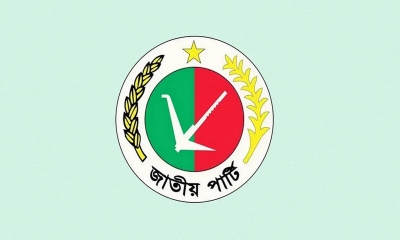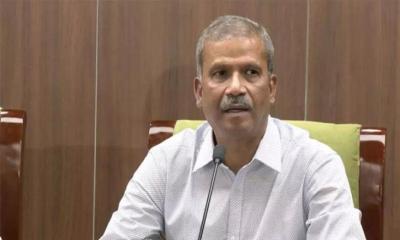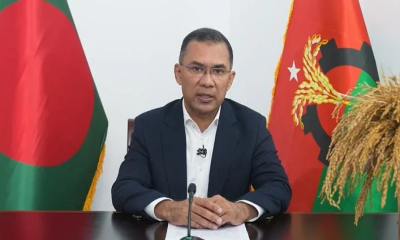Nepal has sent a tariff proposal to Bangladesh to export 40 MW of electricity, according to UNB.
According to a report of a new Nepalese daily “The Kathmandu Post”, the tariff of per unit electricity (each kilowatt hour) is below Nepalese Rupee 10. One (1) Nepalese Rupee equivalent to Bangladesh Tk0.83.
“We recently sent a tariff proposal to the Bangladeshi side in a sealed envelope,” said Pradeep Kumar Thike, the deputy managing director who oversees power trade at the Nepal Electricity Authority (NEA).
“The rate that we have proposed is approximately equivalent to the rate that we are charging India under a five-year power purchase agreement,” he told the Nepalese daily.
He, however, said he doesn’t want to divulge the actual tariff the NEA has proposed.
“But based on a five-year long power purchase agreement signed between the NEA and the Indian NTPC Vidyut Vyapar Nigam Limited (NVVN) Limited back in May last year, the tariff could be below Rs10 per unit.”
In September last year, the southern neighbour granted Nepal an approval to sell 110MW of power generated by the 83.42MW Solu Khola (Dudh Koshi) and 26.19MW Dordi Khola Hydropower Project to India as per the agreement signed between the NEA and NVVN Limited.
According to NEA officials, tariff is the final part of the ongoing negotiation with Bangladesh regarding the sale of 40MW.
Earlier, Bangladesh’s Cabinet Committee on Economic Affairs (CCEA) in a meeting on December 6 last year approved a proposal in principle to import the power from the Himalayan nation.
However, the tariff of the Nepalese electricity was not disclosed in the meeting as this proposal will be placed next in the meeting of the Cabinet Committee on Government Purchase (CCGP).
Earlier on August 28 this year, State Minister for Power, Energy and Mineral Resources Nasrul Hamid said that import of hydropower from Nepal was almost final.
There was a plan to import electricity from Nepal before the winter so that in return Bangladesh can get the opportunity to export its surplus electricity to Nepal during peak demand in winter in the Himalayan nation.
Electricity demand decreases during winter in Bangladesh while it increases in Nepal.
According to official sources, after a long discussion at political and bureaucratic levels among the countries, India finally agreed to allow Bangladesh to initially import 40 MW electricity from Nepal through Indian transmission infrastructure.
Sources said the decision to start the import of 40 MW power from Nepal was finalized in a two-day meeting of the joint steering committee (JSC) and joint working committee (JWC) on Bangladesh-Nepal power and energy sector cooperation on May 14-15 this year in Patuakhali in Bangladesh.
Ahead of the meeting, Nepalese Foreign Minister Narayan Prakash Saud visited Dhaka and held a meeting with Bangladeshi public and private sector officials where he urged them to invest in the hydropower sector in the Himalayan nation, holding about 60,000 MW of clean energy potentials.
Power Cell Director General Mohammad Hossain said that 40 MW electricity will be imported through Baharampur-Bheramara transmission lines which have enough capacity to import electricity from Nepal through Indian territory.
Sources said under the planned arrangement, Bangladesh will import electricity from Nepal through an Indian company as a service provider which will first import electricity from Nepal through an Indian transmission line and then sell it to Bangladesh.
They said Bangladesh and Nepal prefer a tripartite or regional agreement while India wants a bilateral deal in this regard.
Currently, Bangladesh is importing electricity from India through a similar arrangement where the Indian company NTPC Vidyut Vyapar Nigam (NVVN) is selling power to BPDB.
In case of electricity trade between Dhaka and Kathmandu, Nepal Electricity Authority (NEA) will have to sign agreements with both NVVN and BPDB.
Apart from the 40 MW import plan, Bangladesh wants to import 500 MW of hydroelectricity from Nepal via Indian company GMR.
Officials said Bangladesh and Nepal are still pursuing India to sign the tripartite deal to facilitate the sub-regional power trade among the three nations.










-20260216115008.webp)

-20260216055149.webp)




















